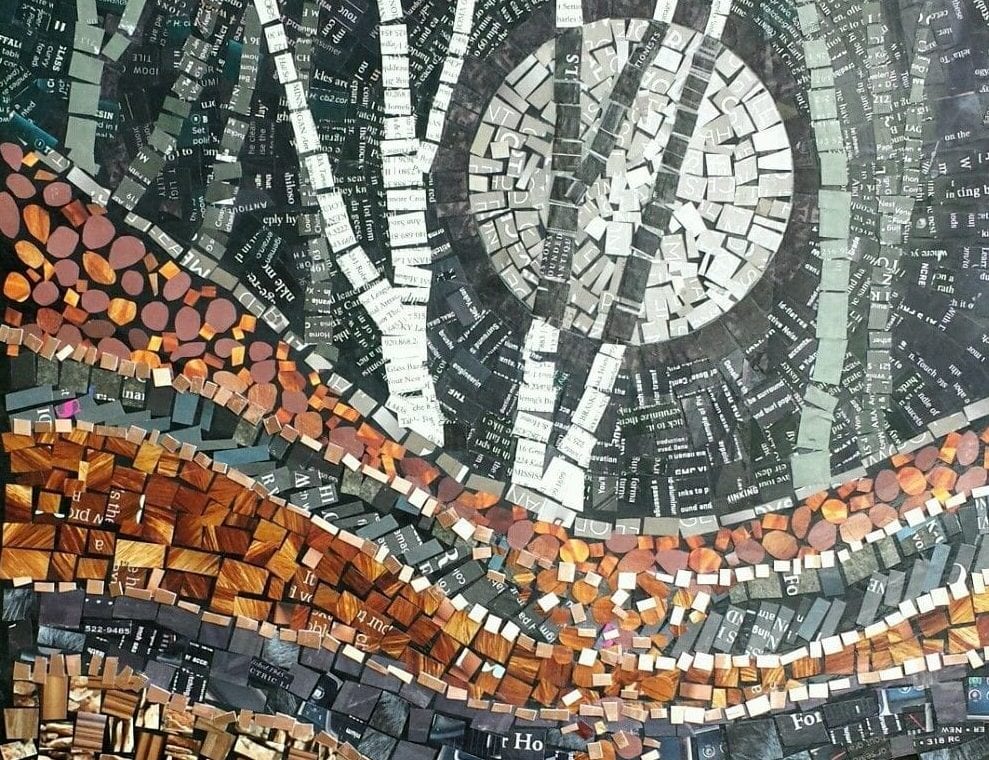By Catie Crandell, Humanities Council
For the third and final event of the year, the Archival Silences working group invites three award-winning novelists to discuss the techniques and practices that fiction writers use to address untold histories of unrecognized experiences. The panel discussion Fictioning Archives, which is open to the public, will take place virtually on Tuesday March 2 at 4:30pm.
Creative writing has always been an important part of the conversation for working group organizers Kinohi Nishikawa (English; African American Studies) and Emma Sarconi (Special Collections). For Sarconi, reading Yaa Gyasi’s Homegoing sparked inspiration because one of the novel’s major settings—the Cape Coast Castle in West Africa, which played “a significant part in the slave trade”—was the subject of book historian William St Clair’s The Door of No Return: The History of Cape Coast Castle and the Atlantic Slave Trade. “It was cool to see these two people talking about this location and offering two ways of grappling with the severity of the location and its place in history and modern life,” explains Sarconi, “I was really interested in how they crafted their narratives with similar archives and documents.
For Nishikawa, the first year of the workshop made clear how important creative writing was to the conversation of archival silences. “For me it became necessary to plan for Fictioning Archives in our first year when we talked about Saidiya Hartman’s “Venus in Two Acts”.” The essay introduces the idea of “critical fabulation,” or a methodology that combines archival and historical research with critical theory and fictional narrative in order to make sense of gaps in the records, and demonstrates a “scholarly way of writing about archival silences that explicitly draws on fictional techniques.”
Fictioning Archives will give the floor to authors to explain how they “write back to history and literary traditions that they seek to revise, upend, and correct,” as Nishikawa puts it. The speakers will be John Keene (Rutgers University) author of Counternarratives: Stories and Novellas, TaraShea Nesbit (Miami University) author of Beheld, and Namwali Serpell (Harvard University) author of The Old Drift. Finishing the year’s events in conversation with these authors seems especially fitting. “The spirit of these events has always been about opening conversations and democratizing these issues,” suggests Sarconi, “It’s really lovely that we’re ending on fiction, on something that is more universal that our other discussions have been.”
Though this may be the final event of the year, Archival Silences has committed to bringing back the workshop in 2021-2022. The response to this year’s digital events has been “global and enthusiastic” and allowed the working group to expand the conversation. The coming year will reintroduce in-person events when it becomes safe, and also feature exciting new partnerships across campus with scholars such as Anna Arabindan-Kesson (Art and Archaeology), whose project Art Hx captures the interactions of art, race, and medicine in the former British Empire.
But for now, those who join the Fictioning Archives discussion should, in Sarconi’s words, “walk away with three fantastic reads and also new ways of think about fiction and history.”
















